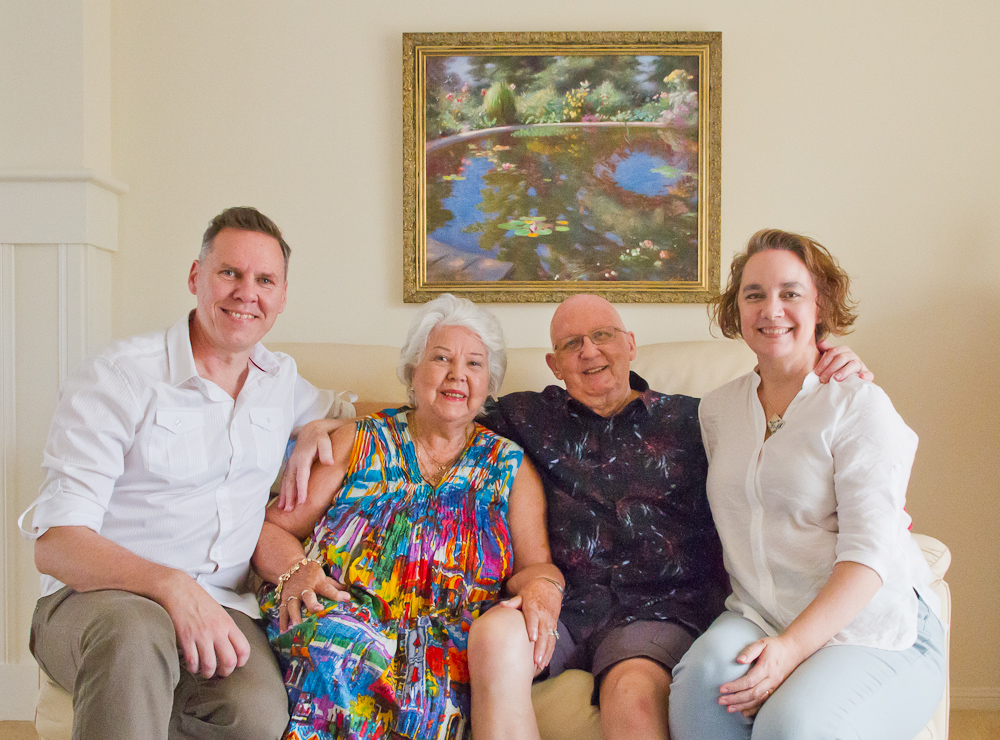029 A Conversation on the Meaning of Life
42. Ever since the computer Deep Thought in Douglas Adams’ novel The Hitchhiker’s Guide to the Galaxy gave it as the ‘answer’ to the meaning of life we’ve never been able to keep a straight face about the question since. And yet it’s a question we all ask. In fact, we can’t really get out of bed in the morning without having some basic answer to it. Here’s mine.
Click To Listen
Podcast: Subscribe in iTunes | Right-click to download | Listen to Other Episodes
Before You Find Your Calling, Find Your Meaning
Question: In a sentence, what is the meaning of life to you? Tell me now
As I mentioned last week, this year I want to explore the notion of calling. Do each of us have a unique mission in life to achieve? If so, how do we discover it? As I said then, the question before that of calling is the question of meaning, and in this podcast you’ll hear UCB UK‘s Paul Hammond interview me on the topic. He’d read an articles of mine about meaning and had some questions of his own. Namely, was Deep Thought right that we were starting with the wrong question?
Paul’s thoughtful questions kept me on my toes and meant we covered a lot of ground. But if you want the crux of my answer, here it is. I believe God gives our lives meaning in at least three ways:
First, God invites us into his life
God is an abundant bounty of spiritual life. We were created to have this life inhabiting us, the way God once ‘inhabited’ the Jewish temple (see 1 Corinthians 6:19). But with humankind’s original rebellion, we severed this source of life. The temple of our souls has now lost its God, leaving a vacant space at the centre of our hearts. The New Testament uses two Greek words for ‘life’: bios, meaning natural created life, and zoé, meaning God’s eternal supernatural life. We can have bios but not zoé. We can be biologically alive but spiritually dead.
But then a man came forth from Galilee. ‘In him was zoé,’ it was said of him. ‘I have come that they may have zoé,’ he said of himself. He promised to bring the Father to dwell within us. Jesus came to bring the indwelling God back into the temple of our hearts. And with God’s eternal, supernatural life within us, the ordinary can become splendorous.
Second, God invites us into his story
This story begins with a God who creates a good world teeming with creatures, flowers and light, with his image-bearing humans as his co-workers. It continues with a great rebellion unleashing evil, pain, frustration and disorder into the world. A recovery mission is launched, God calling the nation of Israel to be his light to the world, a mission which climaxes in God visiting earth himself, accepting our taunts, ridicule and crucifixion, then rising from death to offer forgiveness of sins and restoration of life. The story ends with this restoration complete—in a new world of fulfilled longings, healed wounds, radiant beauty and restored harmony (see Isaiah 35; 65:17–25; Revelation 21–22).
This story gives us context, and context gives us meaning. The order and beauty of the world make sense within this story, as does our longing for love and our desire to find meaningful in life. They are part of God’s creational design. The horrors of war, famine, greed and corruption are given some context. They are intruders and never meant to be here. Our deep desire to see wrongs righted and evil cease makes sense—and is graced with hope. This world is not as it should be, but one day will be under God’s restorative work through Jesus.
Third, God invites us into his activity
God is on the move, pushing this story towards its conclusion—inviting people into his life, transforming them and, through them, society. We then become God’s ‘apprentices in eternal living’ as Dallas Willard puts it—learning to be responsive to God as he works in us ‘to will and to act according to his good purpose’.
God gives us a special part to play within his unfolding story—a role, a calling, a mission, an assignment. His life within us provides power for such tasks; his spiritual gifts give us ability. Through us he speaks, heals, comforts, reconciles, encourages, leads, teaches. Through us he feeds, clothes, plants, warns, forgives, protests, loves. It is an awesome thing to participate in God’s work.
So, in a sentence, here’s my answer to life’s ultimate question:
The meaning of life is to live with God—a God who invites us into his life, his story and his activity.
Quotes
‘The meaning of life is to live with God—a God who invites us into his life, his story and his activity’ Tweet this
‘Before you find your calling, find your meaning‘ Tweet this
‘With God’s supernatural life within us, the ordinary can become splendorous’ Tweet this
Episode Resources
You may find the following links and resources helpful:
- Blog: 4 Answers to the Meaning of Life in 4 Video Clips
- Blog: The Meaning of Life: a Fifth Option
- Podcast: A Simple Rhythm for a Profound Spiritual Life
Announcements
- I am planning a Resurrection Year speaking tour through the US in October, and will be speaking throughout the UK also, including at Spring Harvest. If you’d like me to speak at your conference or event please get in touch soon.
Subscription Links
Subscribe to More Than This and never miss an episode.
![]() Subscribe on your iPad or smartphone
Subscribe on your iPad or smartphone
Your Feedback
Want to respond to this podcast? Call me using the ‘Send Voicemail’ button, or leave a comment now. Please also rate and share this podcast on iTunes to help others discover it. Thanks!
***
Question: In a sentence, what is the meaning of life to you? Tell me now






Ellen
Loving the meaning of life, absorbing it and blessed to come to the knowledge / experience of it. Forever seeking Him. Looking forward to the Wedding day and knowing there is so much more awaiting us. Never alone!!!
Sheridan Voysey
Thanks Ellen!